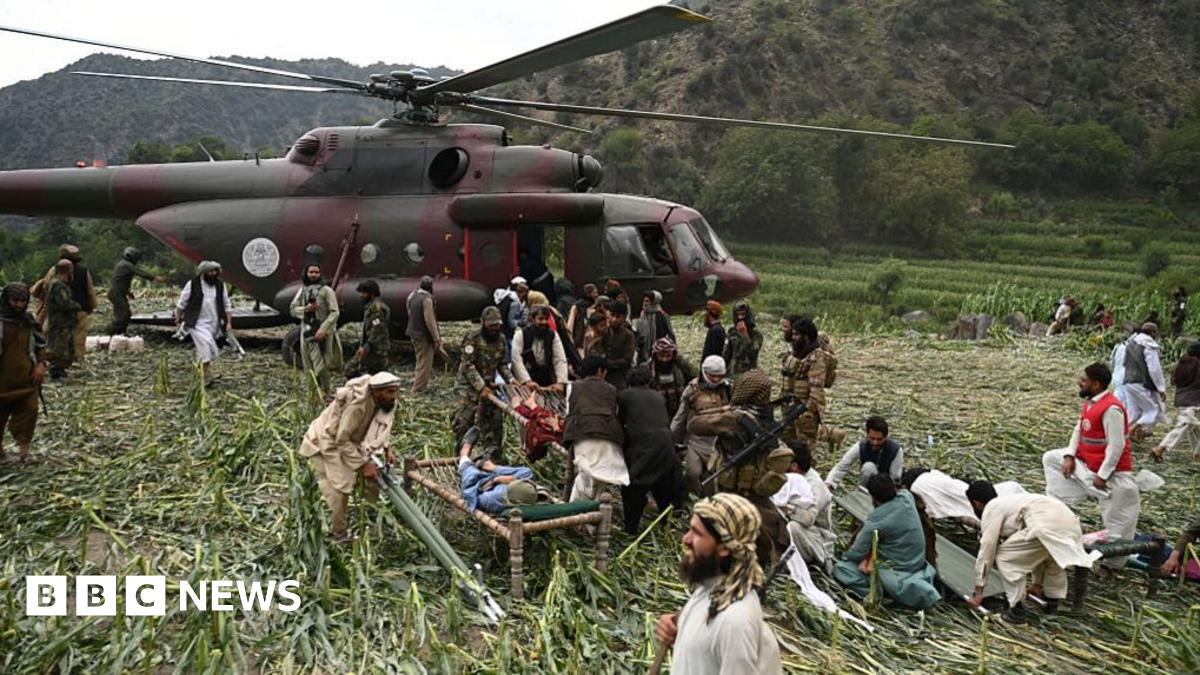Afghanistan Faces Widespread Internet Shutdown: Economic and Social Fallout

Afghanistan Faces Widespread Internet Shutdown
Afghanistan remains paralyzed as its internet blackout extends into a second day, severing nearly all connections to the outside world. This disruption comes two weeks after the Taliban indicated plans to ban fiber-optic internet, aiming to control the flow of information within the country. The shutdown has grounded flights, halted banking operations, and forced businesses to close, severely impacting daily life and commerce across major cities and provinces.
Consequences for Society and Economy
The prolonged blackout has created a ripple effect on essential services. Airports have canceled flights due to communication failures, while hospitals struggle to maintain operations without digital access. Banks have ceased transactions, leaving many unable to access funds or conduct financial activities. Citizens face isolation as mobile networks also remain down, cutting off communication with family and the international community.
Broader Implications and Concerns
Critics warn that the blackout is part of the Taliban's broader strategy to tighten control, citing concerns over human rights and freedom of expression. The internet shutdown deepens Afghanistan’s isolation, threatening economic stability and restricting access to vital information during an already fragile period.
About the Organizations Mentioned
Taliban
## The Taliban: A Comprehensive Overview The Taliban is a militant Islamist group that has been a pivotal force in Afghanistan's political landscape for decades. Formed in the early 1990s, the group emerged from Afghan mujahideen fighters who resisted the Soviet occupation with the support of the CIA and Pakistan's ISI. The name "Taliban" translates to "students" in Pashto, reflecting its origins among young Pashtun tribesmen educated in Pakistani madrassas[1]. ### History and Achievements - **Early Successes**: The Taliban rose to power promising stability and rule of law after years of civil war. By 1996, they had seized Kabul, declaring Afghanistan an Islamic emirate under Mullah Mohammed Omar's leadership[1]. - **Regime and Governance**: The Taliban controlled most of Afghanistan before being ousted in 2001. They returned to power in August 2021 following the withdrawal of U.S. and NATO forces. ### Current Status - **International Recognition**: Despite controlling Afghanistan, the Taliban lacks international recognition. Western governments provide humanitarian aid but refuse formal recognition due to concerns over human rights and governance[4][5]. - **Internal Divisions**: The Taliban faces internal divisions, particularly over issues like women's rights, which has led to international pressure[4]. - **Security Challenges**: The group faces threats from other militant groups, such as the Islamic State Khorasan Province (ISKP), though it maintains territorial control[4]. ### Notable Aspects - **Economic Impact**: The Taliban's rule has led to significant economic challenges, including a decline in foreign aid and a fragile banking sector. However, Afghanistan's economy has shown modest growth driven by agriculture and construction[7]. - **Human Rights Concerns**: The Taliban has been criticized for severe human rights abuses, including restrictions on women's education and freedoms, and targeted violence against minority groups[8]. The Taliban's governance style combines traditional Islamic law















